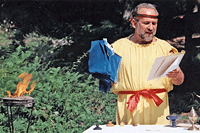Originally posted by Daskalot
View Post
i said to you truth i shall speak
over 200 scholars signed that around the world
reply at that


Comment